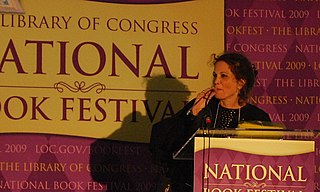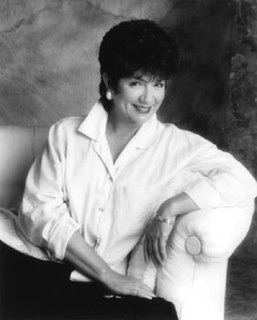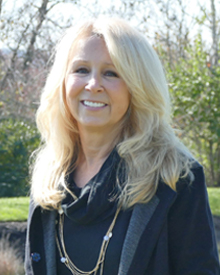A Quote by Julia Alvarez
It's always gratifying to hear from a passionate reader, and as a longtime educator, I'm especially pleased and heartened when that reader is a young student who is inspired to write me and let me know that my book has helped him or her find her way.
Related Quotes
In my couple of books, including Going Clear, the book about Scientology, I thought it seemed appropriate at the end of the book to help the reader frame things. Because we've gone through the history, and there's likely conflictual feelings in the reader's mind. The reader may not agree with me, but I don't try to influence the reader's judgment. I know everybody who picks this book up already has a decided opinion. But my goal is to open the reader's mind a little bit to alternative narratives.
What really grabs me is when a reader writes to express her personal story and how a book helped her situation, or her acceptance of a situation she can't change. I read some sad cases in my snail and electronic mail. I respond to all I can, affirming that they are the true heroes of life because they are fighting through adversity and surviving.
It is obvious enough for the reader to conclude, "She loves young Emerson." A reader in Lucy's place would not find it obvious. Life is easy to chronicle, but bewildering to practice, and we welcome "nerves" or any other shibboleth that will cloak our personal desire. She loved Cecil; George made her nervous; will the reader explain to her that the phrases should have been reversed?
Never compare one student's test score to another's. Always measure a child's progress against her past performance. There will always be a better reader, mathematician, or baseball player. Our goal is to help each student become as special as she can be as an individual--not to be more special than the kid sitting next to her.
The book is finished by the reader. A good novel should invite the reader in and let the reader participate in the creative experience and bring their own life experiences to it, interpret with their own individual life experiences. Every reader gets something different from a book and every reader, in a sense, completes it in a different way.
Every reader, as he reads, is actually the reader of himself. The writer's work is only a kind of optical instrument he provides the reader so he can discern what he might never have seen in himself without this book. The reader's recognition in himself of what the book says is the proof of the book's truth.
Magnus looked at her meditatively. 'I think,' he said, 'there isn't much that Jace wouldn't do for you, if you asked him.' Clary opened her mouth and then shut it again. She thought of the way Magnus had always seemed to know how Alec felt about Jace, how Simon felt about her. Her feelings for Jace must be written on her face even now, and Magnus was an expert reader. She glanced away.
He wanted to hear her concerns and alleviate them, he wanted to hold her and kiss her and convince her that he would find a way to make their relationship work, no matter how hard that might be. He wanted to to make her hear his words: that he couldn't imagine a lofe without her,that his feelings for her were real. But most of all, he wanted to reassure himself that she felt the same way about him.





































